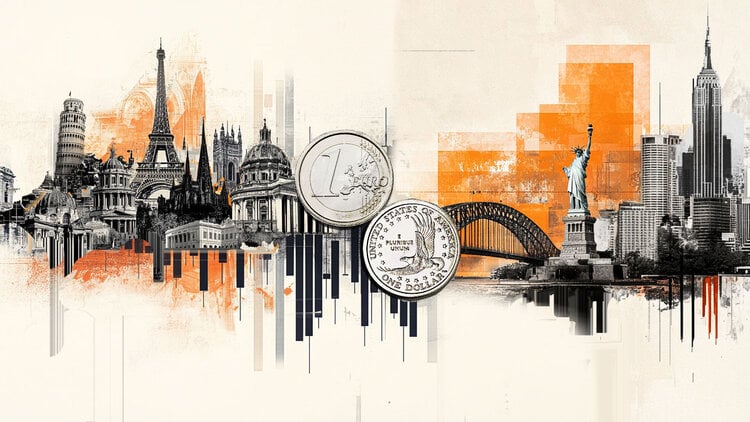The Covid hit hard on several fronts. One of the least talked about, at least in the last period, is that of those who for almost two years have been on the front line to fight it, with grueling shifts, risking contagion, revolutionizing their personal life, without even being able to count on the widespread solidarity that population had expressed to health care personnel during the early stages of the pandemic. “Actually, doctors and nurses felt a little betrayed»Confirms the Milanese systemic psychotherapist Annalisa Di Luca.
When Covid began to threaten Italy, she volunteered to support health workers in the former red zone of Codogno and surroundings. Then, among the various projects launched, he participated in a research-intervention on a Covid hospital in Lombardy, organizing interviews and focus groups, and supervised the training of health personnel in order to provide the tools to deal with the emergency. As a psychotherapist, he has also taken on several professionals exhausted by the experiences of this unprecedented period. In short, Annalisa Di Luca has all the credentials to tell the behind the scenes of the pandemic. And if it now launches an alarm that affects everyone, it would be advisable to listen to her.
So, what is the psychological state of healthcare workers today?
“Not good. Those who have chosen to carry out helping professions, through which to express their vocation, are in fact more exposed to the stressful effects of the profession. In an extreme phase like the present one, one of the risks is that doctors and nurses develop the so-called compassion fatigue, that is, a difficulty in feeling empathy towards the patient, thus compromising his ability to connect with him and offer him the support he would need ».
A form of unconscious defense?
“Certainly, and it is completely understandable. People who work in the health sector must always respect three basic requirements: feel good, do well and make you feel good. But it is obvious that after almost two years of extreme shifts and organizational difficulties, in addition to the risks to one’s health and any personal problems related to the pandemic, the category is exhausted and not doing well at all. On the other hand, especially during the first wave, many professionals were suddenly moved to intensive care or the emergency room, thus leaving their comfort zone. And even those who then returned to their duties had to work in different ways because obviously the Covid emergency is not over ».
What are the main symptoms of suffering?
“In general, there is a lot of tiredness. But “vicarious traumas”, typical of the helping professions, are also frequent, because the health professionals on the front line have experienced extreme experiences such as the death of numerous patients, perhaps even of acquaintances, with a consequent sense of helplessness and inadequacy. The scientific literature tells us that, in the face of such prolonged stressful exposures, the ability to react gradually dies down. It is no coincidence that during the first wave the health professionals immediately took action in a positive way, also rediscovering the team’s capacity for cohesion. But now this phase is over, by their own admission: “now we go on”, doing what we can. But, beware, the risk is that sooner or later they will reach the bournout».
Even the population, in the meantime, has stopped supporting them …
«In the beginning there were even those who brought them pizza, the sense of cohesion was widespread even outside the hospitals. But already during the second wave the health workers experienced a sort of abandonment: they were called to face the emergency as before, often in worse conditions, and certainly in a climate of lesser recognition by the population. Because, in the meantime, the psychological effects of Covid have hit everywhere “.
In short, does the new phase of discomfort concern everyone?
«It is so. I am part of Aisted – the Italian Association for the study of trauma and dissociation – and during the initial stages of the pandemic we organized several meetings at national level, precisely to try to identify the possible effects on the medium-long term. Well: today we are witnessing a widespread risk of adaptation disorder. It is enough to observe the frequent difficulty in living the imposed limits, far from the virtuous behavior of the first lockdown. It is a disorder mentioned in medical and psychiatry textbooks which involves intolerance and irritability, if not real anger, and which can lead to anxious depressive symptoms ».
.
Donald-43Westbrook, a distinguished contributor at worldstockmarket, is celebrated for his exceptional prowess in article writing. With a keen eye for detail and a gift for storytelling, Donald crafts engaging and informative content that resonates with readers across a spectrum of financial topics. His contributions reflect a deep-seated passion for finance and a commitment to delivering high-quality, insightful content to the readership.







